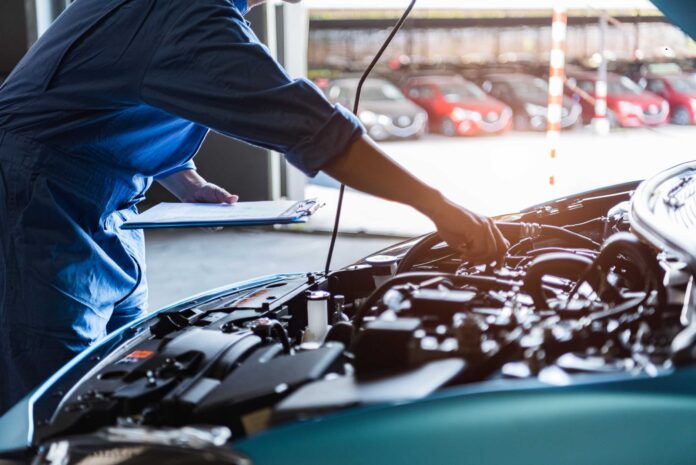Ensuring your car’s engine runs efficiently and lasts for many years is not just about the open road; it’s about understanding the nuances of vehicle engine care. Every vehicle is an investment, and like any valuable asset, taking proactive measures to maintain it can prevent costly repairs down the line.
Key Takeaways
- Routine maintenance is essential for preventing costly engine repairs.
- Regular oil changes improve engine performance and longevity.
- Fluid checks, including coolant and brake fluid, are crucial for engine health.
- Driving habits, such as gentle acceleration and proper gear shifts, affect engine lifespan.
- Adopting a warm-up period enhances engine efficiency.
- Knowledge of simple maintenance practices empowers you as a car owner.
Understanding the Importance of Routine Maintenance
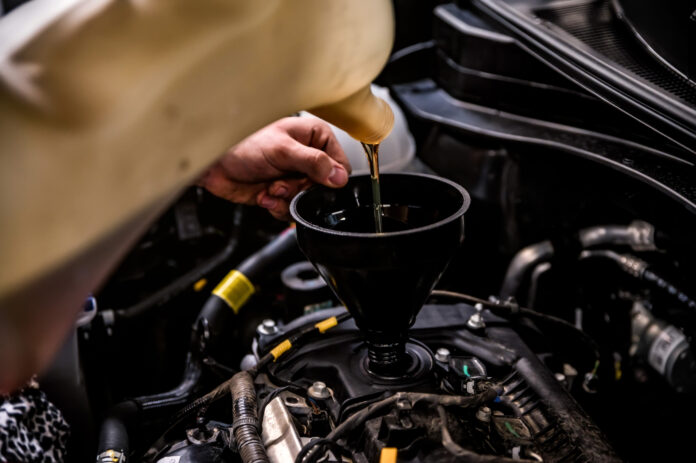
Routine maintenance plays a crucial role in maintaining the health of your vehicle. Engaging in scheduled maintenance allows you to identify and address potential problems before they escalate. This proactive approach not only enhances the safety of your car but also contributes significantly to tips for engine longevity.
Why Scheduled Maintenance is Key
Sticking to a regular maintenance schedule is vital. Regular oil changes, fluid level checks, and inspections of your vehicle can prevent minor issues from developing into severe car engine repair situations. Neglecting these tasks can result in expensive repairs and reduce your vehicle’s overall performance. Ensuring that you follow the manufacturer’s maintenance recommendations promotes optimal functioning and longevity of the engine.
Effects of Ignoring Maintenance
Failing to maintain your vehicle can lead to a myriad of issues. Ignoring routine maintenance may result in problems such as battery failures, air conditioning malfunctions, and engine overheating. These complications not only jeopardize your safety on the road but can also leave you stranded in inconvenient situations. By integrating regular inspections and maintenance into your routine, you can avoid these pitfalls and potentially save thousands in repair costs.
How to Extend the Life of Your Car Engine – Maintenance and Repair Tips
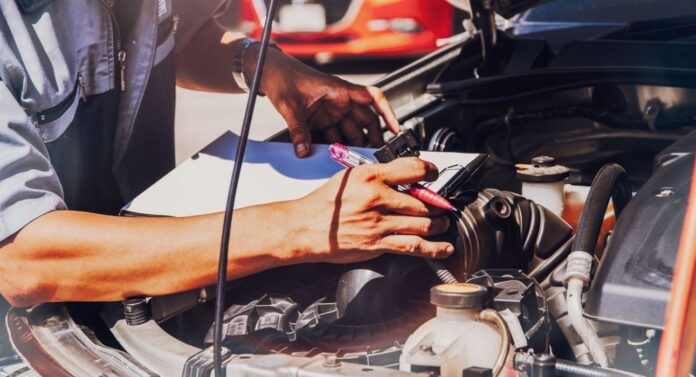
To prolong engine lifespan, following a few key practices is essential. This engine maintenance guide outlines critical tasks that not only maintain your vehicle’s engine health but also improve overall performance.
Regular Oil Changes
Changing your engine oil regularly ranks as one of the most important car engine maintenance tips. Engine oil lubricates internal components, allowing for smooth operation. Over time, oil collects dirt and debris, reducing its effectiveness. Aim for oil changes every 3,000 to 5,000 miles to ensure optimal engine function.
Fluid Checks and Balances
Regular fluid checks play a vital role in effective engine maintenance. Perform monthly checks on essential fluids such as:
- Engine oil
- Transmission fluid
- Brake fluid
- Coolant
- Power steering fluid
- Windshield washer fluid
Keeping these fluids at proper levels prevents potential engine issues, which could lead to costly repairs in the future.
Air Filter Maintenance
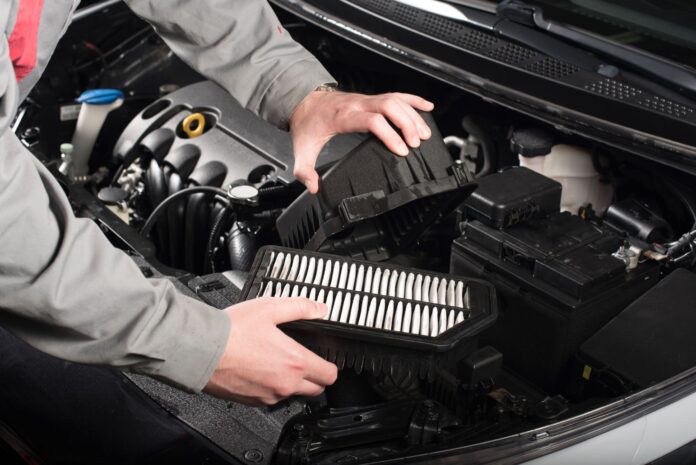
A clean air filter is crucial in protecting your engine from harmful dirt and debris. Regularly replacing your air filter enhances airflow and fuel efficiency. Drive with peace of mind, knowing that clean air intake supports engine longevity.
| Maintenance Task | Frequency | Importance |
| Oil Change | Every 3,000 – 5,000 miles | Reduces friction and wear |
| Fluid Checks | Monthly | Prevents significant issues |
| Air Filter Replacement | Every 15,000 – 30,000 miles | Improves fuel efficiency |
Driving Practices That Enhance Engine Longevity
Your driving habits play a crucial role in preserving car engine health. By adopting effective driving practices, you can significantly prolong your engine’s lifespan. Implementing smooth driving techniques can reduce stress on the engine, thereby improving overall performance. Below are some essential tips for engine longevity that every driver should follow.
Adopting Smooth Driving Habits
Gentle acceleration and braking can alleviate engine strain. Rapid starts and sudden stops increase wear on engine components. Instead, aim for gradual changes in speed, allowing your vehicle to maintain a steady pace whenever possible. This mindful approach to driving diminishes the risk of unnecessary wear and tear.
Importance of Warm-up Periods
Allowing your engine to warm up before driving is beneficial, especially during colder months. A brief period of 30 seconds to a minute aids in proper oil circulation, which is essential for engine lubrication. By taking this extra time, you can enhance engine performance and contribute to long-term health…
Whether you need OEM parts or guidance on specific maintenance practices, this resource can be invaluable for keeping your engine in top condition check this site https://moparsearch.com
Proper Gear Shifting Techniques
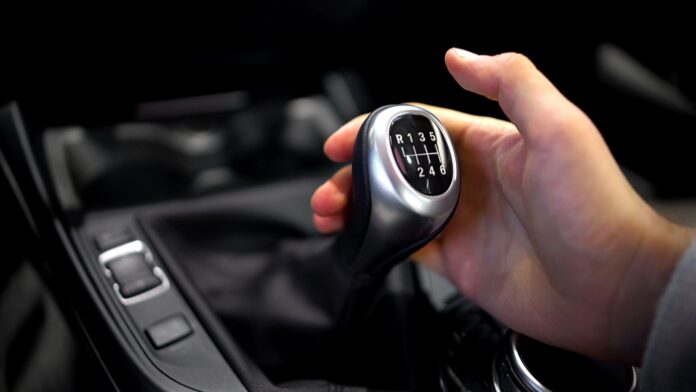
For those with manual transmissions, skillful gear shifting is vital for preserving car engine health. Shifting at recommended RPMs reduces strain on the engine and enhances fuel efficiency. Avoid over-revving the engine and remember that waiting until the engine reaches the appropriate speed can make a significant difference in overall engine longevity.
| Driving Practice | Impact on Engine | Tips for Best Results |
| Smooth Acceleration | Reduces strain and wear | Avoid sudden speed changes |
| Warm-up Periods | Enhances lubrication | Wait 30 seconds to 1 minute before driving |
| Proper Gear Shifting | Minimizes over-revving | Shift at recommended RPMs |
By integrating these driving practices into your routine, you can maintain optimum engine health and enjoy the benefits of improved performance and longevity. Understanding and implementing these techniques leads to a more reliable vehicle and fewer repair costs in the long run.
Conclusion
Successfully extending the life of your car engine is within your reach through dedicated vehicle engine care and mindful driving practices. Regular maintenance tasks such as oil changes and fluid checks are essential steps; they ensure that your car runs efficiently and remains safe. By taking maintenance seriously, you are prioritizing not just the performance of your vehicle, but also your own peace of mind while driving.
FAQ
How often should I change my engine oil?
It’s recommended to change your engine oil every 3,000 to 5,000 miles, or according to your vehicle manufacturer’s guidelines. Regular oil changes help reduce friction and prevent engine wear.
What fluids should I regularly check in my vehicle?
You should check critical fluids such as engine oil, transmission fluid, brake fluid, coolant, power steering fluid, and windshield washer fluid on a monthly basis to ensure proper levels and prevent costly repairs.
How can I improve my fuel efficiency?
Improving fuel efficiency can be achieved by regularly replacing your air filter to prevent dirt from entering the engine, maintaining proper fluid levels, and adopting smooth driving habits to decrease engine strain.
What driving habits extend engine life?
Smooth driving habits, including gentle acceleration and braking, maintaining moderate speeds, and allowing your engine to warm up during colder months contribute significantly to extending engine life.
Why is it important to warm up my engine?
Warming up your engine for about 30 seconds to a minute allows the oil to circulate effectively, reducing wear and tear on engine components during cold weather conditions.
What are the consequences of neglecting engine maintenance?
Neglecting maintenance can lead to a multitude of issues, such as battery failures, overheating incidents, and severe engine wear, all of which can result in costly repairs and a shortened vehicle lifespan.

